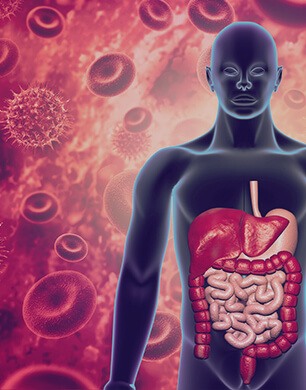Printed From:
Printed From:
Microbiota consists of billions and billions of "resident" microorganisms that perform a beneficial action for our bodies. Healthy gut flora gut flora is vital to prevent stomach issues, for maintaining your primary immunity, shielding your large intestine from colon cancer, and avoiding yeast infection.
While the heart, brain, kidneys or lungs deserve all the spotlight they get, gut flora has a precious role to play in our body. It’s almost two kilos, so large that it’s considered a real organ. Around 70% of our immune system is concentrated within it.
The flora, mostly bacteria, subdivided into about 500 different species. It’s a matter of your body’s health to maintain the balance of this flora in which good (non-pathogenic) and harmful (pathogenic) bacteria co-exist. The master species of the intestine are almost always the good ones, which ensure their balance despite the presence of harmful ones.
Sometimes, the balance of our intestinal bacterial flora goes for a toss due to the spread of harmful bacteria, manifesting as intestinal disorders intestinal disorders. This signals that the balance must be restored at the earliest.
Functions of gut flora
The well-being of the gut flora is not only important for digestion, but it affects various processes, such as:
